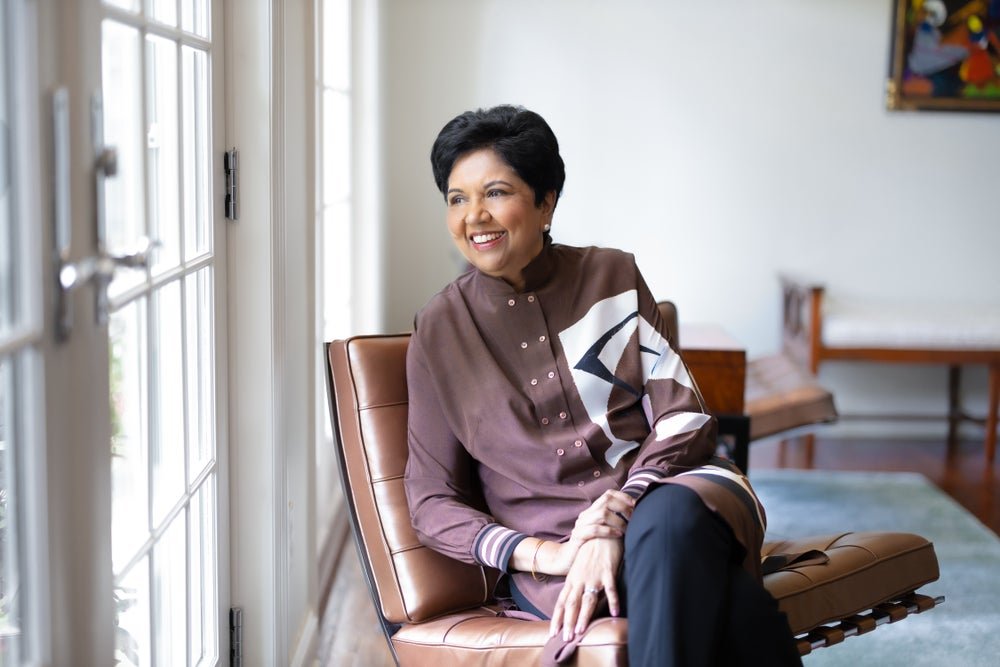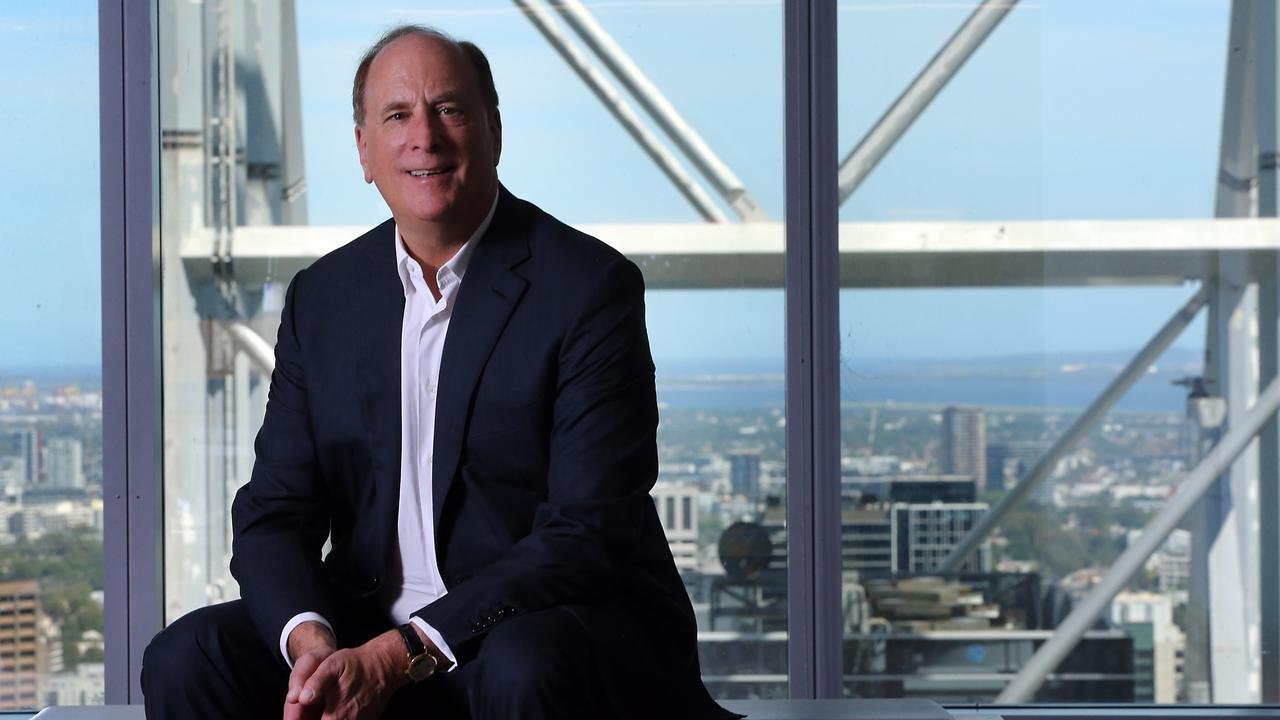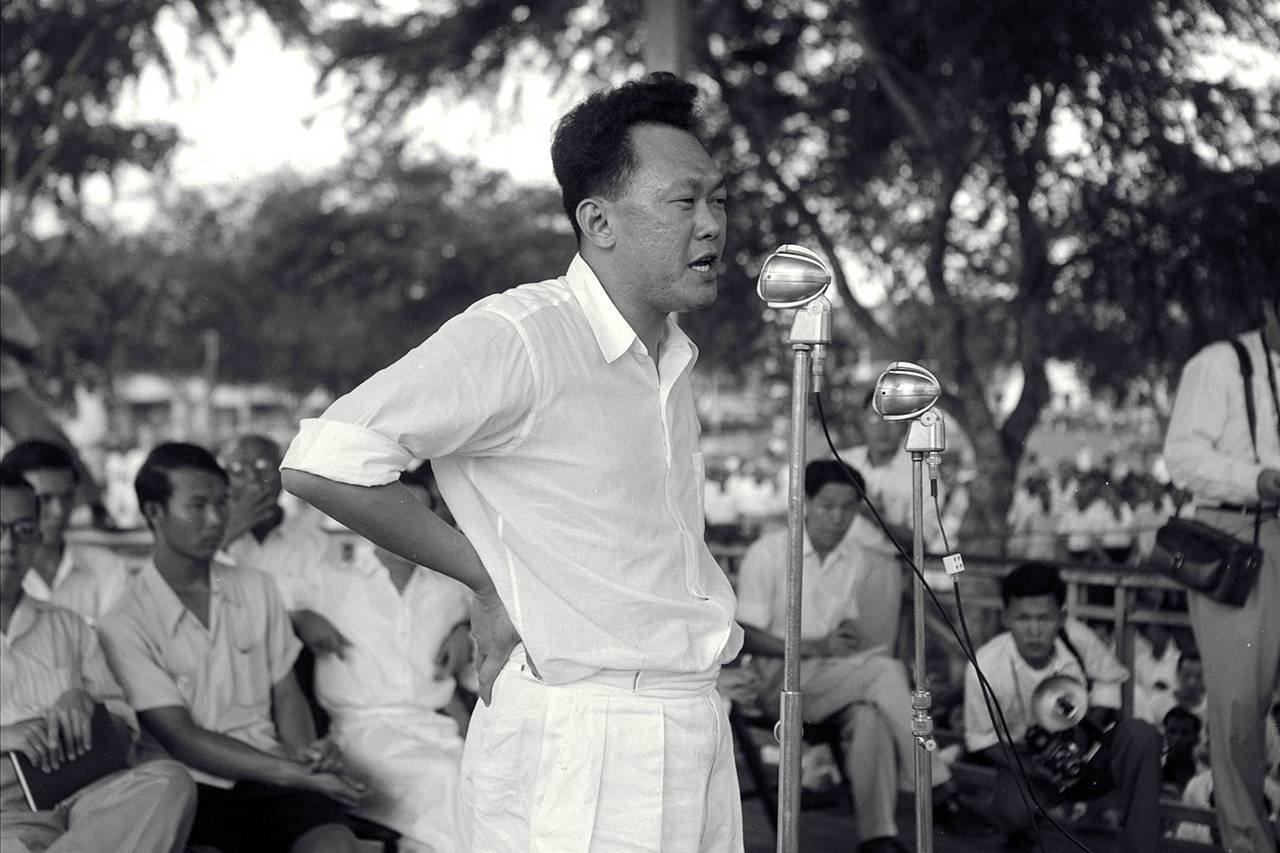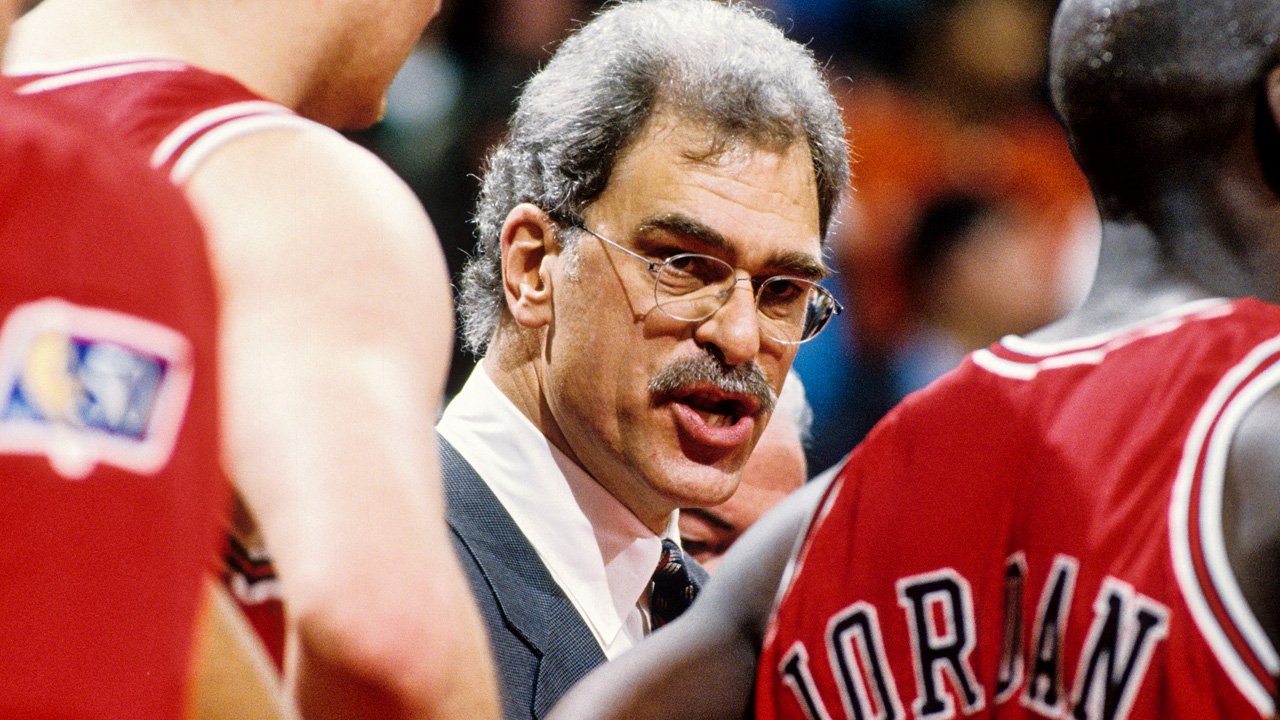Who coaches the coach?
Who coaches the coach?
Leading an organisation can be a lonely place. As companies grow, so does the need for external support.
In a post-pandemic world, blurring the work and life spheres, all forms of coaching are booming.
Research shows that leadership coaching helps to achieve outcomes that not only benefit the individual, but also those around them. Here are just a few:

So what are Executives being coached on?
That’s the wonderful thing - it’s completely up to you.
Personal or professional, holistic or focused, leadership coaching exists to dismantle the myth of the self-reliant CEO.
Your coach serves as your confidanté, your accountability measure, your champion and your challenger.
As a whole, research shows that since March 2020 there has been a rise in discussions of “stress management and self-care”, as well as “managing difficult conversations and conflict”, and “communication and collaboration” (Better Up, 2022).
Consciously shaping your leadership style.
What’s your mantra?
What are your guiding principles?
What does ‘GREAT’ leadership look like to you?
Outstanding leaders are equipped to answer these questions, having taken the time to look within, and having searched externally for inspiration.

For example, Indra Nooyi, former CEO of PepsiCo, swears by her 5 C’s of leadership.
Competency: Become the ‘go-to’ person for a particular skill.
Courage and Confidence: Be willing to speak up and out.
Communication skills: ‘You cannot over-invest in becoming a better communicator’.
Consistency: ‘You can change your mind, but only against a consistent framework.’
Compass: ‘Integrity is critical in a leader’s job’.

Larry Fink, CEO of BlackRock, draws his leadership inspiration from those outside of his industry. Responsible for a massive $5.1 trillion in assets under management, Fink looks to individuals like Lee Kuan Yew, the first prime minister and founder of modern Singapore, and Phil Jackson, one of the winningest NBA coaches in history who is now the New York Knicks' president.

Lee Kuan Yew believed…
• Results take precedence over ideals (or perfection).
• Leaders must put the good of their people over their own interests.
• Success comes from the fierce competition that arises when equal opportunity is guaranteed.
• It is necessary to remain disciplined without being strictly tied to the demands of an ideology.
• A great leader is brave, resilient, and stable.

Phil Jackson believed…
• Leaders who are able to adapt to new teams and still excel do so because they are at peace with themselves and trust the intuition they've developed.
• Leaders must be authentic in order to gain the respect of their team.
• Great leaders do not impose their will on their people. Success comes from inspiring them to change themselves.
• It is impossible to fundamentally change someone. A leader needs to find a role for an individual that would allow them to thrive, and therefore contribute most to the team.

The coaching journey is one of reflection, deliberate practice and accountability to move forward when things get tough.
We work with you to understand your priorities and goals, both personally and professionally, and reshape your life to be more purpose-driven and aligned.
Now is the time to start exploring your organisation’s leadership growth and development. Get in touch to explore Modern People’s unique approach to Executive Coaching.
